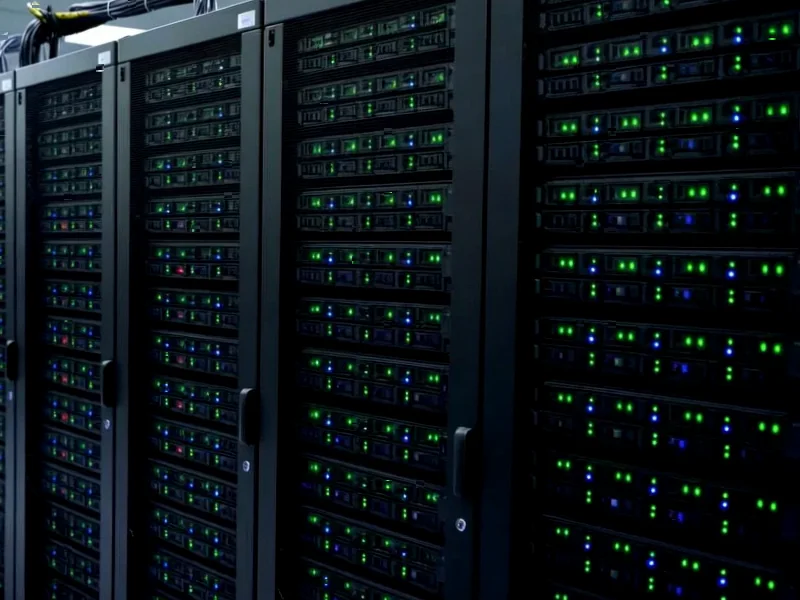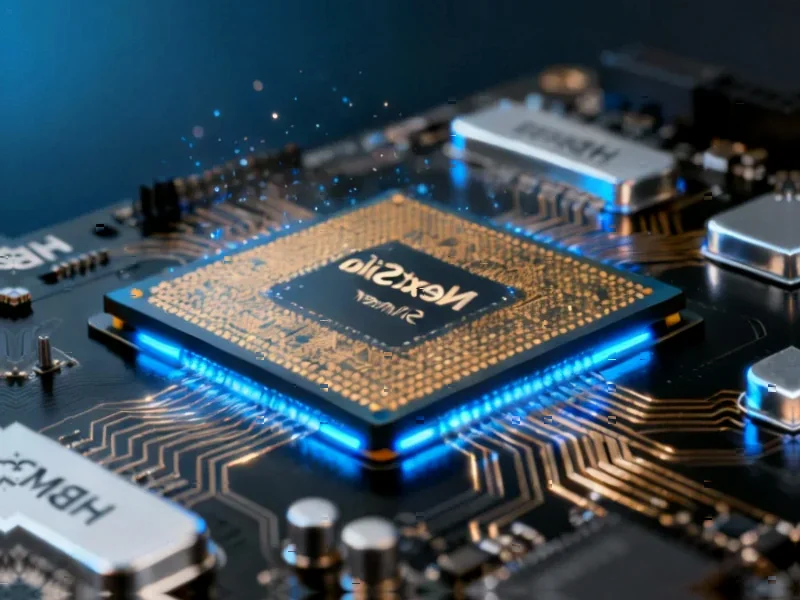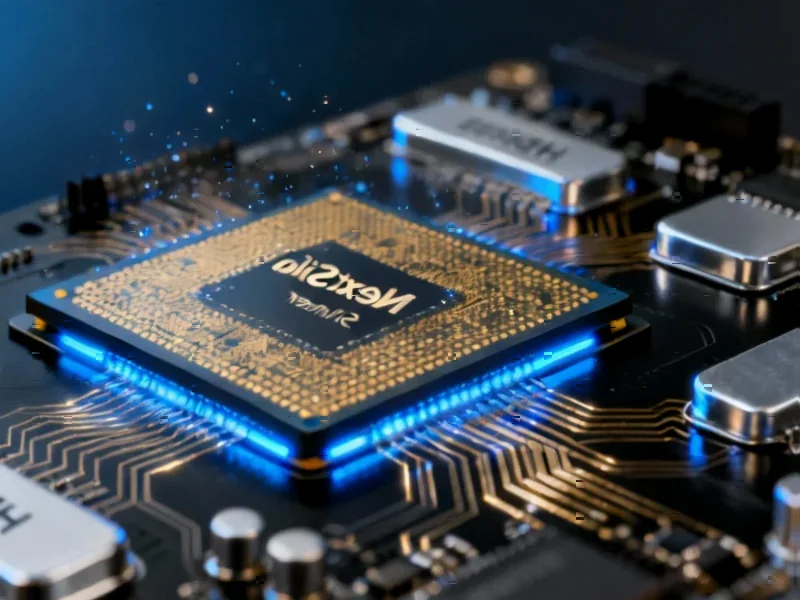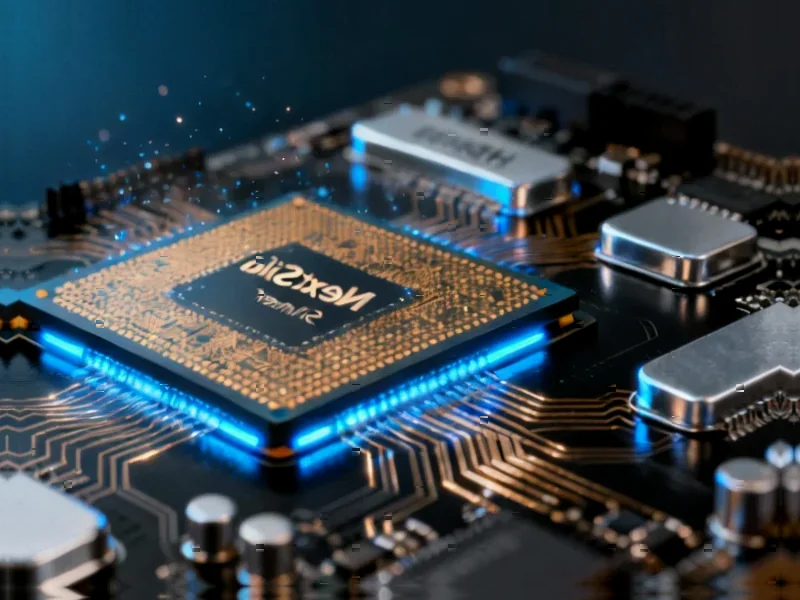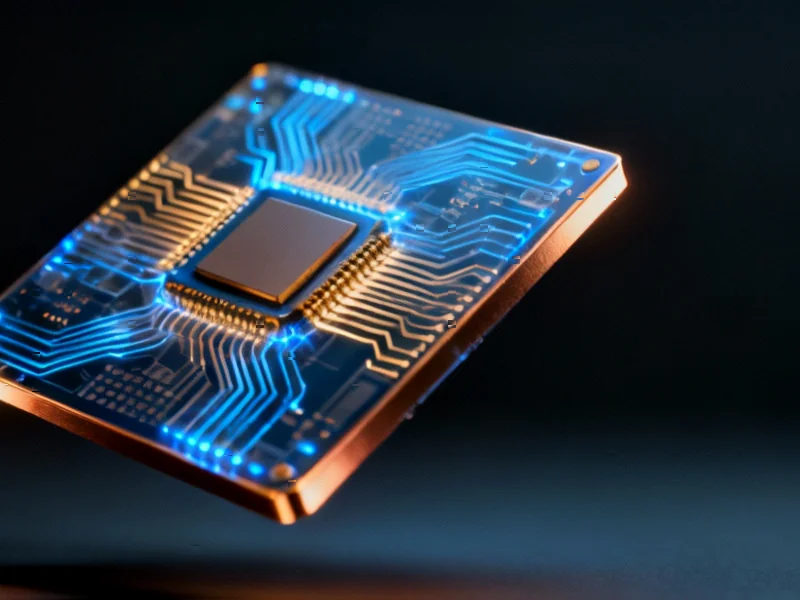An Israeli startup claims to have solved dataflow computing’s historic programmability challenges. The Maverick-2 accelerator reportedly reconfigures itself in nanoseconds based on runtime behavior while running standard C++, Python, and even CUDA code without modifications.
The Dataflow Computing Revolution
According to industry reports, Israel-based Next Silicon has developed a processor architecture that could fundamentally challenge computing’s established paradigms. Sources indicate the company’s Maverick-2 accelerator implements what analysts describe as the most commercially viable dataflow architecture to date, potentially offering a fourth path beyond traditional CPUs, GPUs, and ASICs.
